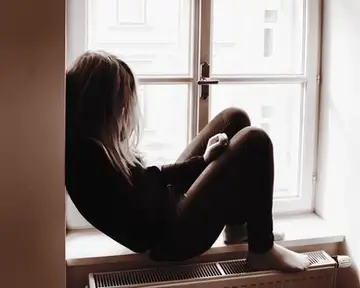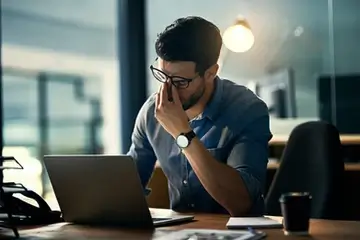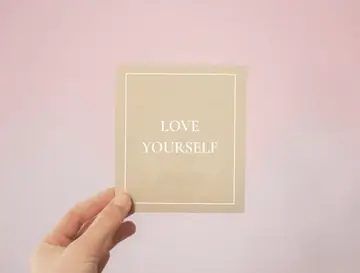Covid-19 has affected us all in many ways and maybe still does.
How has it affected our mental health though?
For sure many of us initially showed denial, not wanting to believe the bad news or maybe as a reaction in the drastic changes this virus was about to bring in our lives.

very change is a step to the unknown. Thus, our subconscious perceives the possibility of an imminent death. The death of what we know, of habbits we might have, of out freedom to get outside the house whenever we want and go wherever we please.
The vast majority of people felt fear. Fear for their personal health, the health of loved ones, for the lives of so many fellow humans affected by Corona virus.
Fear is an emotion based on the future. We are scared of something that WILL happen. When fear isn’t caused by an actual physical threat (like a bus coming towards us or a wild animal chasing us), it comes along with high levels of stress and anxiety. These feelings, in turn, make us think cyclically the catastrophe about to come.
Ο φόβος είναι ένα συναίσθημα που έχει την βάση του στο μέλλον. Φοβόμαστε για κάτι που ΘΑ γίνει ή που μπορεί να συμβεί. Όταν ο φόβος μας δεν δημιουργείται εξ’ αιτίας ενός πραγματικού ερεθίσματος, όπως παραδείγματος χάρη το να βλέπουμε ένα λεωφορείο να έρχεται κατά πάνω μας, ή να μας κυνηγάει ένα άγριο ζώο, αυτό το συναίσθημα έρχεται παρέα με αυξημένα επίπεδα στρες και άγχους. Με τη σειρά του, το άγχος μας ωθεί να σκεφτόμαστε κυκλικά, ξανά και ξανά την επικείμενη καταστροφή.

For the lucky ones that were careful and stayed healthy, the biggest issue of this period was the lockdown.
It did have major consequences in our psychology.
It affected negatively some people in their work and financial domain. Insecurity and anxiety rise automatically when there are financial problems with certainty.
Lockdown might have affected our personal relationships with the people we shared a house whether that was family, partners or friends.
When both parties in a relationship are in a bad place, the friction is unavoidable.
Finally, for those who had to pass this time on their own, there are high chances that feelings of loneliness rised.
Sadness, melancholy, frustration, anxiety, fear and emotional pain are feelings that often generate the secondary emotion of anger as a response.
While feeling down, it is easy to start, go back or go heavier on bad habbits.
What would it be like though, if we could take this time to turn around this negative situation into a positive one?
What would it be like to take this time as a chance to improve our relationship with our bodies, with ourselves, with our important others?
Small changes in our perspective and everyday routine can transform this negative energy into a very positive and creative one.

By having creative hobbies that give us meaning and inspiration, taking care of our bodies by exercising, eating healthy and sleeping well, offering quality time and energy to the people we love, we can bring a real change.
If however, negative thoughts and emotions are of great intensity, it would be wise to seek the help of a specialist.
Counseling and psychotherapy offer the chance to look deep into ourselves, recognise and understand our dyfunctional patterns and change them.
Mental heath therapies can be practised with all the safety measures (masks, distance of over 2 meters or even online).
Strong is not the person who struggles on their own or avoids the problem.
Strong is the one who recognises that needs help and asks for it.
Book your appointment now!
